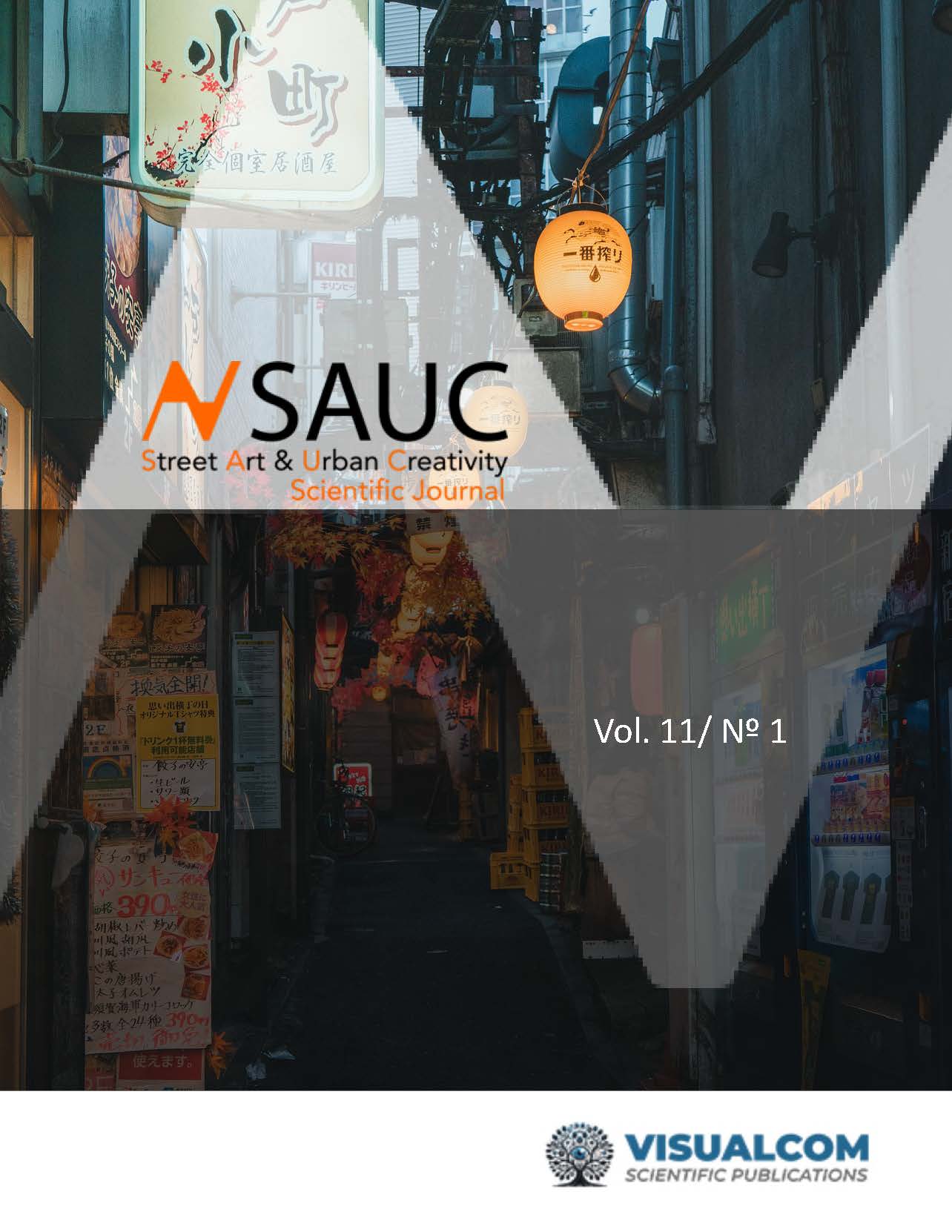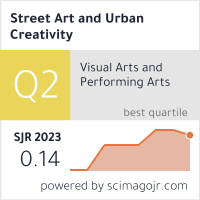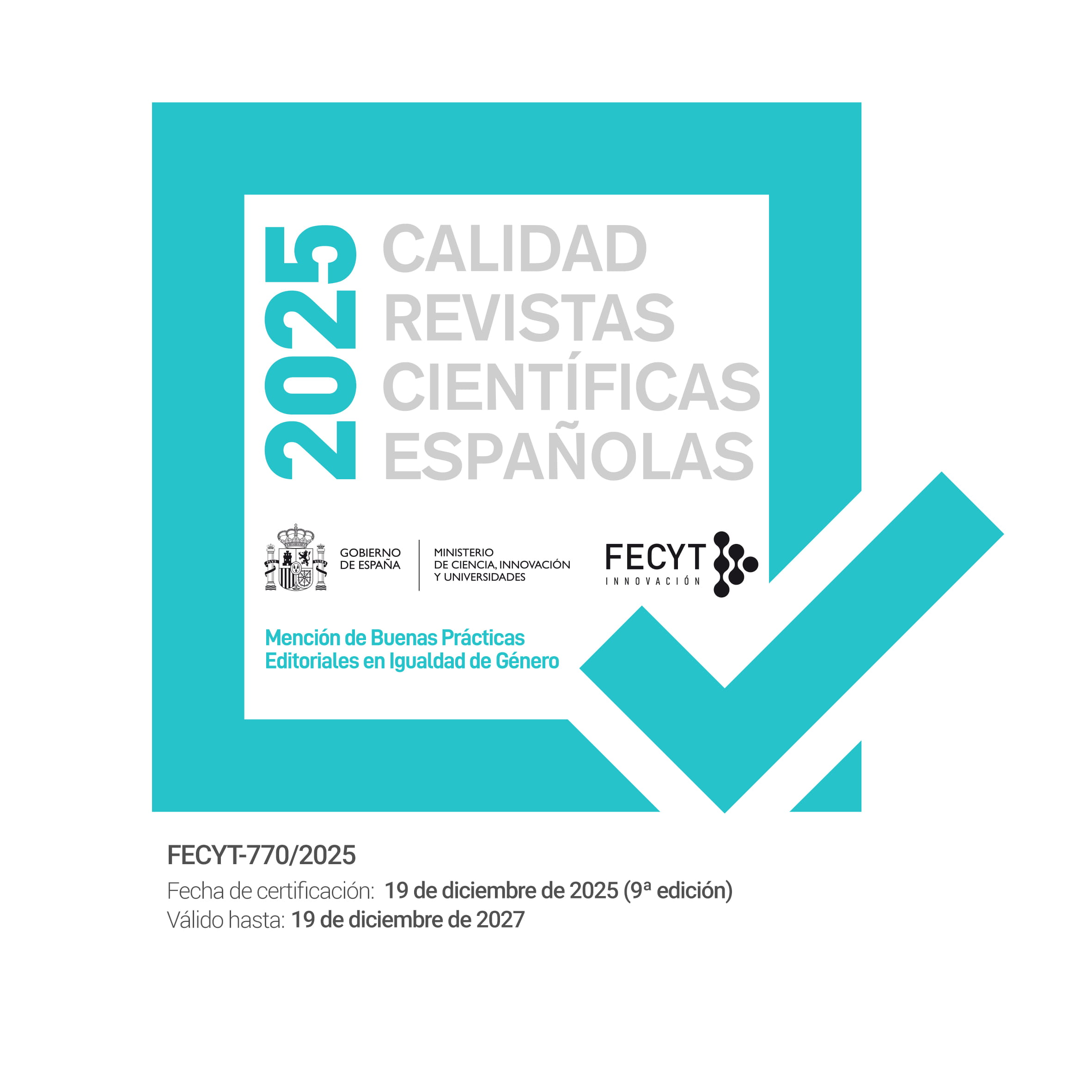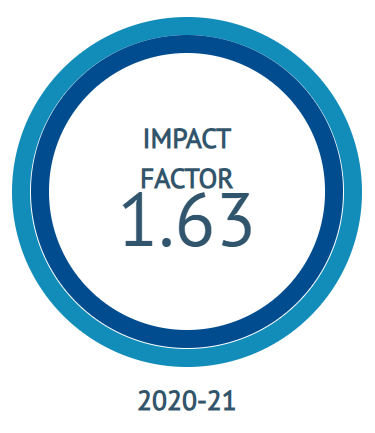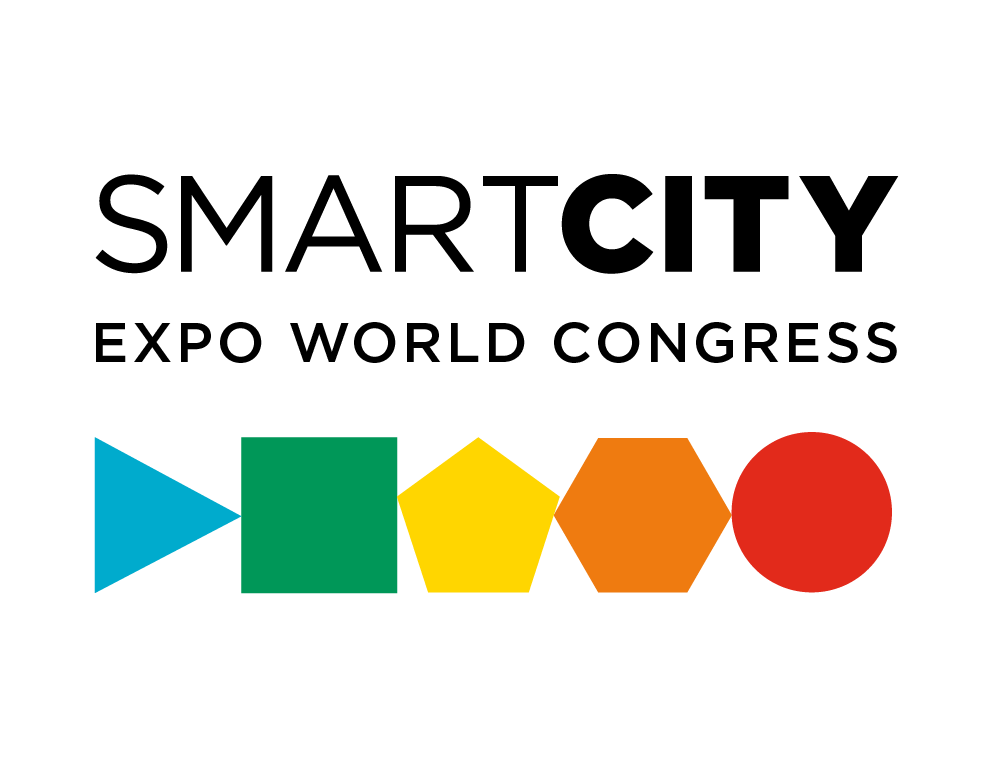Latin America in the Roblox Metaverse
UGC, City branding and Soft Power
DOI:
https://doi.org/10.62161/sauc.v11.5676Keywords:
Metaverse, City branding, Place branding, Gen Alpha, Roblox, Latin America, Virtual MarketingAbstract
This study explores how Latin American territories leverage the metaverse, particularly the Roblox platform, to enhance their visibility and appeal to Generation Alpha. Through a case study of specific actors and their strategies, this study investigated the virtual marketing efforts employed by these territories. The theoretical framework distinguishes between immersive and semi-immersive metaverse experiences, highlighting the differences between centralized and decentralized virtual environments. The millennial generation, which has the greatest resources to invest in digital assets, is currently the most active user group in the metaverse. However, the engagement of Centennials and Alphas, the digital natives, is becoming increasingly apparent. Despite substantial investment in the metaverse, the lack of interoperability remains a primary technical challenge. This study aims to shed light on how Latin American territories navigate this evolving digital landscape to assert their identity and compete for attention on a global stage.
Downloads
Global Statistics ℹ️
|
729
Views
|
734
Downloads
|
|
1463
Total
|
|
References
Andrade Y., D. A. (2016). Estrategias de marketing digital en la promoción de marca ciudad. Revista Escuela de Administración de Negocios, 80, 59-72. https://doi.org/d46d DOI: https://doi.org/10.21158/01208160.n80.2016.1457
Anholt, S. (2007). Competitive identity – the new brand management for nations, cities, and regions. Palgrave Macmillan.
Anholt, S. (2003). Branding places and nations. En Clifton, R. & Simmons, J. (eds.) Brands and branding (pp. 213-226). Profile Books Ltd
Aranda, Y. & Combariza, J. (2007). Las marcas territoriales como alternativa para la diferenciación de productos rurales. Agronomía Colombiana, 25(2), 367-37. https://www.redalyc.org/articulo.oa?id=180320296021
Argudo G., K. (31 de julio de 2024). Venezuela en crisis: las protestas llegan a Roblox. Expreso. https://www.expreso.ec/ciencia-y-tecnologia/venezuela-crisis-protestas-llegan-roblox-208711.html?fbclid=IwY2xjawE-twlleHRuA2FlbQIxMAABHQEfTcG-ITwNg_rTt1W52dmRyPVqtY-guUVWGrcyvZylRFQxyzzNI6dbLQ_aem_1i_o0O74kjyymet-g3hQyg
Ashworth, G. (2009). The instruments of place branding how it is done? European Spatial Research and Policy, 16(1), 9-22. https://doi.org/bw9ffj DOI: https://doi.org/10.2478/v10105-009-0001-9
Barder, B. (2019). Diplomacy, ethics, and the national interest: what are diplomats for? The Hague Journal of Diplomacy, 5(3), 289–297. https://doi.org/cjvv6q DOI: https://doi.org/10.1163/187119110X511653
Barrera, B. (31 de julio de 2024). Gamers se unen a las protestas en Venezuela a través de Roblox. El Sol de México. https://www.elsoldemexico.com.mx/doble-via/jovenes-se-unen-a-las-protestas-en-venezuela-a-traves-de-la-plataforma-de-videojuegos-roblox-12325142.html
Baszucki, D. (2023, May 17). Our Vision of All Ages. Blog of Roblox. https://corp.roblox.com/newsroom/2023/05/our-vision-for-all-ages
Blain, C., Levy, S. & Brent, J. (2005). Destination branding: insights and practices from destination management organizations. Journal of Travel Research, 43(4), 328-338. https://doi.org/bt2twg DOI: https://doi.org/10.1177/0047287505274646
Bruwer, J. & Johnson, R. (2010). Place-based marketing and regional branding strategy perspectives in the California wineindustry. Journal of Consumer Marketing, 27(1), 5-16. https://doi.org/dg6mgq DOI: https://doi.org/10.1108/07363761011012903
Bulkeley, H. (2013). Cities and Climate Change. Routledge. https://doi.org/fgtn DOI: https://doi.org/10.4324/9780203077207
Calvento, M., & Colombo, S. (2009). La marca-ciudad como herramienta de promoción turística ¿instrumento de inserción nacional e internacional? Estudios y perspectivas en turismo, 18(3), 262-284. http://hdl.handle.net/11336/113855
Castronova, E. (2001). Virtual Worlds; a first-hand account of market and society of the cyberian frontier. CESinfo WorkingPapers, 618,1-40. DOI: https://doi.org/10.2139/ssrn.294828
Cervantes, M. & Muñiz, N. (2010). Marketing de ciudades y «Place branding». Pecvnia, Revista de la Facultadde Ciencias Económicas y Empresariales, 123-149. https://doi.org/10.18002/pec.v0i2010.767 DOI: https://doi.org/10.18002/pec.v0i2010.767
Changhee, K. (2021). Smart City-based Metaverse Study on the solution of urban problems. Journal Chosun Natural Science, 14(1), 21-26.
Cheng, S. (2023). Metaverse. Concept, Content, and Context. Springer DOI: https://doi.org/10.1007/978-3-031-24359-2
Fan, Y. (2006). Branding the nation: what is being branded? Journal of Vacation Marketing, 12(1), 5-14. https://doi.org/bpw2p3 DOI: https://doi.org/10.1177/1356766706056633
Florek, M., Insch, A. & Gnoth, J. (2006). City council websites as a means of place brand identity communication. Place Brand Public Diplomacy, 2(4), 276-296. https://doi.org/cwn68k DOI: https://doi.org/10.1057/palgrave.pb.6000036
Garrido, P., Estupiñán, O. & Gómez, P. J. (2016). Estrategias publicitarias para la promoción de la marca ciudad. En E. Camarero Calandria y J. Rodríguez Terceño (coords.) Estrategias en comunicación y su evolución en los discursos (pp. 261-270). Madrid: McGrawHill Interamericana de España.
Hankinson, G. (2004). Relational network brands: towards a conceptual model of place brands. Journal of Vacation Marketing, 10(2), 109-121. https://doi.org/c84dgs DOI: https://doi.org/10.1177/135676670401000202
Heilbruun, B. (2006). Brave new brands. In J. Schroeder & M. Salzer-Morling (eds.) Brand culture (pp. 103-117). Routledge
Herranz, J. M., Sidorenko, P. & Cantero, J. I. (2017). Rutinas comunicativas y lobbies en el sector medioambiental. In M. T. Mercado-Sáez (ed.), El debate energético en los medios (pp. 127-143). Ediciones UOC
Hollensen, S., Opresnik, M. O., & Kotler, P. (2022). Metaverse – the new marketing universe. In Journal of Business Strategy, 44(3), 119–125. https://doi.org/10.1108/jbs-01-2022-0014 DOI: https://doi.org/10.1108/JBS-01-2022-0014
Huang, J. (2023). Analysis on the Young Age of Roblox Platform Audience Targeting. Highlights in Business, Economics and Management, 11, 112–117. https://doi.org/10.54097/hbem.v11i.7954 DOI: https://doi.org/10.54097/hbem.v11i.7954
Jovanović, A. & Milosavljević, A. (2022). VoRtex Metaverse Platform for Gamified Collaborative Learning. Electronics, 11(317), 1-20. https://doi.org/10.3390/electronics11030317 DOI: https://doi.org/10.3390/electronics11030317
JPMorgan Chase Bank (2022). Opportunities in the metaverse how businesses can explore the metaverse and navigate the hype vs. reality. Retrieved from www.jpmorgan.com/content/dam/jpm/treasury-services/documents/opportu-nities-in-the-metaverse.pdf
Kang, D., Choi, H., & Nam, S. (2022). Learning Cultural Spaces: A Collaborative Creation of a Virtual Art Museum Using Roblox. International Journal of Emerging Technologies in Learning (iJET), 17(22), 232–245. https://doi.org/10.3991/ijet.v17i22.33023 DOI: https://doi.org/10.3991/ijet.v17i22.33023
Kapferer, J. (2007). Strategic brand management. Kogan Page for Les Éditions d’Organisation.
Kavaratizis, M., & Ashworth, G. (2005). City branding an effective assertion of identity or a transitory marketing trick? Place Brand Public Dipl, 2, 183-194. https://doi.org/10.1057/palgrave.pb.5990056 DOI: https://doi.org/10.1057/palgrave.pb.5990056
Kolb, B. (2006). Tourism marketing for cities and towns. Elsevier. https://doi.org/fgtq DOI: https://doi.org/10.4324/9780080460758
Kolotouhckina, O. & Seisdedos, G. (2017). Place branding strategies in the context of new smartcities: Songdo IBD, Masdar, and Skolkovo. Place branding and Public Diplomacy, 14, 115-124. https://doi.org/10.1057/s41254-017-0078-2 DOI: https://doi.org/10.1057/s41254-017-0078-2
Latour, B. (2013). An Inquiry Into Modes of Existence. Harvard University Press.
Leffel, B., & Acuto, M. (2018). Economic Power Foundations of Cities in Global Governance. Global Society, 32(3), 281-301. https://doi.org/d4zh DOI: https://doi.org/10.1080/13600826.2018.1433130
Manfredi S., J. L. (2021). The political economy of city diplomacy. Economic and Political Studies, 10(2), 228–249. https://doi.org/10.1080/20954816.2021.1899622 DOI: https://doi.org/10.1080/20954816.2021.1899622
Manfredi S., J. L. (2020). El cosmopolitismo urbano: la ciudad ante el orden postliberal. Relaciones Internacionales, 44, 29-43. https://doi.org/d4zg DOI: https://doi.org/10.15366/relacionesinternacionales2020.44.002
McCrindle, M. & Fell, A. (2021). Generation Alpha. Hachette.
Morgan, N., Pritchard, A. & Pride, R. (2004). Destination branding: creating the unique destination proposition. Elsevier. DOI: https://doi.org/10.1177/135676670301000109
Naim, M. (2006). Ilícito. Debate
Olins, W. (2000). Why companies and countries are taking on each other’s roles. Corporate Reputation Review, 3(3), 254-265. https://doi.org/crwg9x DOI: https://doi.org/10.1057/palgrave.crr.1540118
Owen, T. (2015). Disruptive power: The crisis of the state in the digital age. Oxford University Press. https://doi.org/ggb6jv DOI: https://doi.org/10.1093/acprof:oso/9780199363865.001.0001
Park, S. M & Kim, Y. G. (2022). A Metaverse: Taxonomy, Components, Applications, and Open Challenges. IEEE Access, 10, 4209-4251. https://doi.org/10.1109/ACCESS.2021.3140175 DOI: https://doi.org/10.1109/ACCESS.2021.3140175
Pashkaleva-Shapira, K. (2007). New paradigms in city tourism management: rede昀椀ning destination promotion. Journal of Travel Research, 46(1), 108-114. https://doi.org/bw54vz DOI: https://doi.org/10.1177/0047287507302394
Pike, S. (2005). Tourism destination branding complexity. Journal of Product Brand Management,14(4), 258-259. https://doi.org/dkn5c7 DOI: https://doi.org/10.1108/10610420510609267
Remenyi, D. (2012). Case Study Research. Academic Publishing International
Rinaldi, A. R. & Purnamasari, S. D. (2023). Simulasi Metaverse Konser Music Virtual Berbasis Roblox. Crakawala, 6(2), 988-1002. https://doi.org/10.52851/cakrawala.v6i2.296 DOI: https://doi.org/10.52851/cakrawala.v6i2.296
Samarnggoon, K., Wongta, N., Grudpan, S., & Klaynak, K. (2023). Developing a Virtual World for an Open-House Event: A Metaverse Approach. Future Internet, 15(4), 124. https://doi.org/10.3390/fi15040124 DOI: https://doi.org/10.3390/fi15040124
Sidorenko B., P., Herranz, J. M. & Cabezuelo L., F. (2024). Comunicación, Globalidad e Influencia en el Metaverso: El Caso Asiático. Barataria, Revista Castellanomanchega de Ciencias Sociales, 35, 39-58. https://doi.org/10.20932/barataria.v0i35.686 DOI: https://doi.org/10.20932/barataria.v0i35.686
Sidorenko & Cabezuelo (2022). Tecnología, comunicación digital y discursos urbanos: las ciudades del metaversi. En. M. J. Ufarte & L. M. Calvo (coords.). Ciudades globales. Diplomacia, sostenibilidad y estrategias de comunicación (pp. 151-172). Comunicación Social
Sidorenko B., P. y Herranz, J. M. (2023, January 5). El metaverso: pasado, presente yfuturo. The Conversation. https://theconversation.com/el-metaverso-pasado-presente-y-futuro-197064
Simon, J. P. (2023). The Metaverse: Updating the Internet (Web 3.0) or Just a New Development for Immersive Video Games?. Profesional de la Información, 32(3), e320317. https://doi-org/10.3145/epi.2023.may.17 DOI: https://doi.org/10.3145/epi.2023.may.17
Singh, D., & Pillai, S. (2022). Implementation of digital marketing strategy in the Gaming industry. Institute of electrical electronics engineers. https://doi.org/10.1109/dasa54658.2022.9765259 DOI: https://doi.org/10.1109/DASA54658.2022.9765259
Syas, M., & Yahsy, U. S. (2023). Komodifikasi Users pada Platform Game Online Roblox. Jurnal InterAct, 11(2), 98–109. https://doi.org/10.25170/interact.v11i2.3748 DOI: https://doi.org/10.25170/interact.v11i2.3748
Taylor, P. (2012). The challenge facing word city network analysis. GaWC Research Bulletin, 409.
Turner, A. (2015). Generation Z: technology and social interest. The Journal of Individual Psychology, 71(2), 103-113 DOI: https://doi.org/10.1353/jip.2015.0021
Vanolo, A. (2017). City branding: The ghostly politics of representation in globalising cities. Taylor & Francis. https://doi.org/fgtr DOI: https://doi.org/10.4324/9781315660660
We Are Social & Meltwater (2023). Digital 2023 Global Overview Report. https://wearesocial.com/wp-content/uploads/2023/03/Digital-2023-Global-Overview-Report.pdf
YPulse (2022, March 15). Here’s what Gen Z & Millennials are buying in the metaverse. https://bit.ly/36Arrws
Yin, R. K. (2018). Case Study: Research and Applications. SAGE Publications.
Downloads
Published
How to Cite
Issue
Section
License
Copyright (c) 2025 Street Art & Urban Creativity

This work is licensed under a Creative Commons Attribution-NoDerivatives 4.0 International License.
Those authors who publish in this journal accept the following terms:
-
Authors retain copyright.
-
Authors transfer to the journal the right of first publication. The journal also owns the publishing rights.
-
All published contents are governed by an Attribution-NoDerivatives 4.0 International License.
Access the informative version and legal text of the license. By virtue of this, third parties are allowed to use what is published as long as they mention the authorship of the work and the first publication in this journal. If you transform the material, you may not distribute the modified work. -
Authors may make other independent and additional contractual arrangements for non-exclusive distribution of the version of the article published in this journal (e.g., inclusion in an institutional repository or publication in a book) as long as they clearly indicate that the work was first published in this journal.
- Authors are allowed and recommended to publish their work on the Internet (for example on institutional and personal websites), following the publication of, and referencing the journal, as this could lead to constructive exchanges and a more extensive and quick circulation of published works (see The Effect of Open Access).

